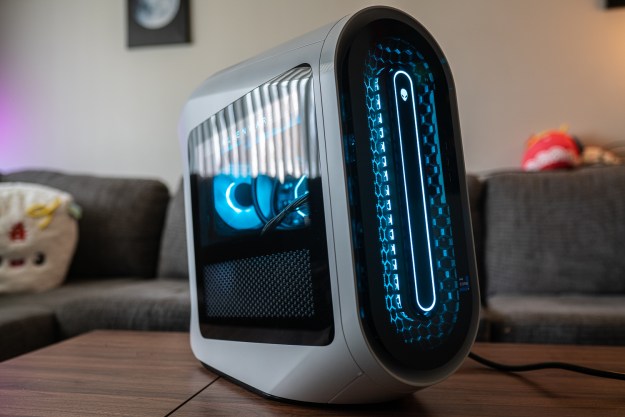An Amazon operations manager has admitted to stealing PC components worth over a quarter of a million dollars from one of the e-commerce giant’s warehouses.
Douglas Wright pled guilty to mail fraud for stealing merchandise from Amazon worth over $273,000. The 27-year old was able to obtain these products due to his role as an operations manager at an Amazon warehouse located in Charlotte.

According to a Department of Justice report, Wright took advantage of his ability to access Amazon’s computers in order to ship items from the warehouse to his home address. These products were predominantly related to PC components, including internal hard drives, processors, and GPUs.
Wright further admitted in court that he sold these PC components for a profit by selling them to a computer wholesale company in California. He began stealing the merchandise from June 2020 until September 2021.
The FBI and the United States Postal Inspection Service investigated the case, which culminated in Wright pleading guilty to mail fraud charges on January 28. This particular charge carries a potential sentence of 20 years in prison, in addition to a $250,000 fine. A sentencing date has not been set yet.
It’s unclear exactly how much Wright generated in profits by selling items such as CPUs and graphics cards, but considering the scarcity of stock and soaring demand for such products, it’s safe to assume he was making a pretty penny over the 15 month period he was running the scheme.
With a worldwide shortage of valuable PC parts such as graphics cards and CPUs, we’ve seen similar cases emerge since the pandemic began. Criminals have exploited the situation for the chance to sell products in a market where inflated prices have become the norm. For example, robbers successfully hijacked a truck carrying EVGA RTX 30-series graphics cards in 2021. These Nvidia video cards are currently among some of the most coveted PC components due to the GPU shortage, with the prices of the cards on the truck ranging from $330 to nearly $2,000.
Some of the stolen EVGA graphics cards eventually turned up at a Vietnamese retailer, which is well beyond the reach of U.S. law enforcement agencies. Elsewhere, smugglers attempted to transport 300 crypto mining GPUs that could have been worth an estimated $219,600 from Hong Kong to the U.S.
Looking ahead, both CPU and GPU prices are set to rise even further throughout 2022 due to an increase in silicon costs.



